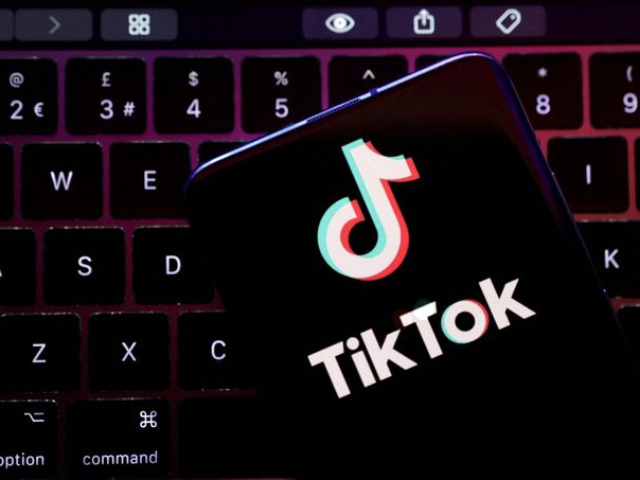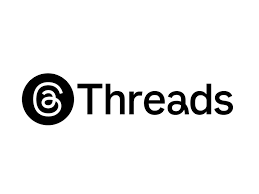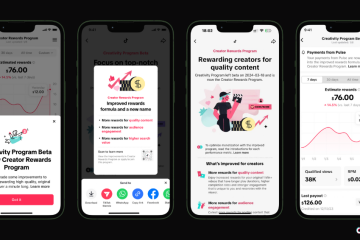TikTok Joins Forces with WHO A New Initiative to Combat Medical Misinformation:
In a groundbreaking initiative aimed at addressing the growing issue of medical misinformation, TikTok has partnered with the World Health Organization (WHO). This collaboration represents a significant step forward in harnessing social media’s vast reach to provide accurate health information and combat the spread of false narratives. As misinformation continues to proliferate, particularly regarding public health issues like vaccines and treatments, this partnership aims to educate users, promote credible information, and ultimately safeguard public health. This article explores the implications of this partnership, the strategies involved, and the potential impact on users and communities worldwide.
Table of Contents
The Rise of Medical Misinformation
The advent of social media has transformed how information is disseminated and consumed. While this has empowered individuals to share knowledge and connect, it has also led to the rapid spread of misinformation. Here are some key statistics that highlight the scale of the issue:
- Social Media as a Primary Source: A survey conducted by the Pew Research Center revealed that 53% of Americans often encounter health information on social media, but only 20% verify the accuracy of that information.
- Impact on Public Health: The spread of misinformation has tangible consequences. A study published in Health Affairs estimated that misinformation about COVID-19 led to a significant increase in vaccine hesitancy, affecting public health efforts globally.
- Viral Nature of False Claims: Research indicates that false information spreads faster and more widely on social media than accurate information. For instance, a study from MIT found that false news stories are 70% more likely to be retweeted than true stories.
Given these alarming trends, TikTok’s partnership with the WHO comes at a critical juncture in the fight against misinformation.
WHO
Objectives of the Partnership
The primary objectives of the TikTok-WHO partnership include:
- Promoting Accurate Health Information: The collaboration aims to provide users with reliable health information, focusing on topics such as vaccines, mental health, and nutrition.
- Creating Engaging Content: TikTok’s unique format allows for short, engaging videos that can effectively communicate complex health messages in an easily digestible manner.
- Leveraging Influencers: By collaborating with trusted health professionals and influencers, the initiative aims to amplify credible voices and counteract misinformation.
- Raising Awareness: The partnership seeks to raise awareness about the dangers of misinformation and encourage users to verify health information before sharing it.
Strategies for Implementation
To achieve its objectives, TikTok and the WHO are employing several strategies:
- Educational Campaigns: TikTok will launch campaigns featuring healthcare professionals discussing important health topics. These campaigns will utilize the platform’s trending audio and visual styles to engage users effectively.
- Misinformation Alerts: Users who search for specific health-related topics may receive alerts guiding them to verified resources, ensuring they have access to accurate information.
- Collaborative Content Creation: The partnership will encourage healthcare professionals to create content that demystifies medical concepts and addresses common misconceptions.
- Hashtag Initiatives: The use of specific hashtags can help users easily find reliable information and engage with content designed to combat misinformation.
- Feedback Mechanism: TikTok will implement a feedback system allowing users to report misinformation, creating a more interactive and community-driven approach to content moderation.
The Role of Influencers
Influencers play a critical role in shaping opinions and behaviors on social media. By partnering with credible influencers, TikTok and the WHO can effectively reach diverse audiences. Here’s how influencers can contribute:
- Building Trust: Influencers who are perceived as trustworthy can bridge the gap between medical professionals and the general public, making health information more relatable.
- Creating Shareable Content: Influencers are adept at creating engaging content that resonates with their followers. This ability can be leveraged to spread accurate health information widely.
- Fostering Community Discussions: Influencers can facilitate discussions around health topics, encouraging their followers to share experiences and insights in a supportive environment.
- Normalizing Health Conversations: By openly discussing health issues, influencers can help reduce stigma and encourage users to prioritize their well-being.
Potential Challenges
While the TikTok-WHO partnership holds significant promise, several challenges may arise:
- Navigating Misinformation: The sheer volume of misinformation can make it challenging to address all false claims effectively. The partnership will need to prioritize key topics to maximize impact.
- User Skepticism: Some users may be resistant to accepting information from mainstream sources or health authorities, believing in alternative narratives. Overcoming this skepticism will require strategic messaging and community engagement.
- Maintaining Engagement: Ensuring that educational content remains engaging and shareable is crucial for reaching broader audiences. TikTok must continually innovate to keep users interested.
- Monitoring Impact: Measuring the effectiveness of the initiative will be essential to understand its impact on user behavior and misinformation spread. Developing metrics for success will be a complex task.
The Potential Impact on Public Health
If successful, the TikTok-WHO partnership could have far-reaching implications for public health:
- Increased Health Literacy: By providing users with accurate information, the partnership aims to enhance overall health literacy, enabling individuals to make informed decisions about their health.
- Reduction in Vaccine Hesitancy: Targeted campaigns focusing on vaccine education can help mitigate misinformation and increase vaccination rates, contributing to herd immunity.
- Empowered Communities: Users who engage with reliable health information are more likely to share it within their communities, creating a ripple effect that promotes accurate knowledge.
- Improved Trust in Health Institutions: By fostering transparency and open dialogue, the partnership could help rebuild trust in health institutions that has eroded in recent years.
Conclusion
The partnership between TikTok and the WHO represents a proactive approach to combating medical misinformation in an increasingly complex digital landscape. By leveraging TikTok’s engaging platform and extensive reach, this initiative has the potential to educate users, promote accurate health information, and foster a more informed public.
As misinformation continues to threaten public health, collaborative efforts like this are crucial for safeguarding the well-being of communities worldwide. The success of this partnership will depend on ongoing engagement, innovative content creation, and a commitment to authenticity in health communication. With the right strategies in place, TikTok and the WHO can pave the way for a new era of health literacy, ultimately contributing to a healthier, more informed society.



